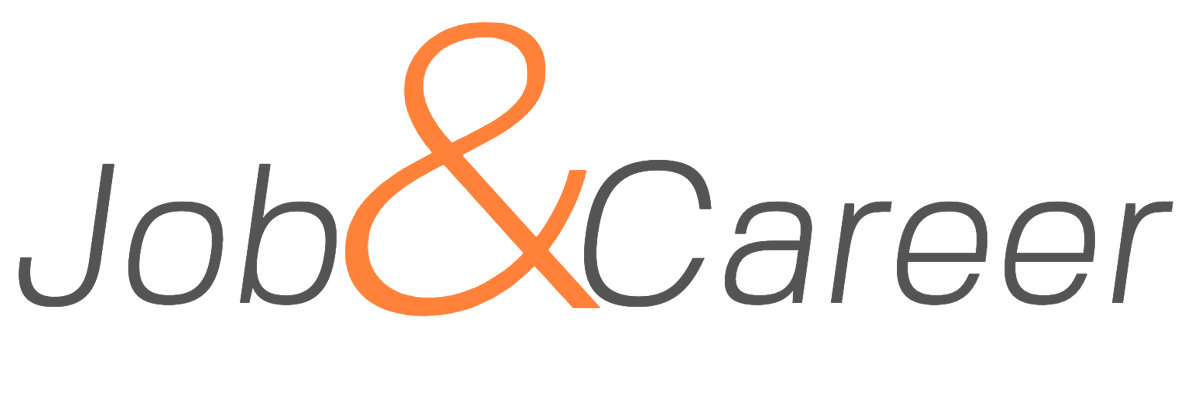You have been invited for a job interview – YAY, and it has been going well. You even answered the ‘Tell me about yourself’ question really well. The interview is nearing its end, and here it comes. The most important question of the interview:
Do you have any questions for us?
You might think it would be a sign of disrespect to ask questions, or maybe you actually feel like they answered everything you wanted to know during the interview up until now. So you answer something along the lines of No I do not have any more questions, thank you for having me. It was great meeting you.
Even with all the politeness, this is the wrong answer. You should ALWAYS have questions for the company. When you do not, it is interpreted as you not having an interest in the company. If you really want the job, and have an interest in the company and the job opportunity, surely there are some questions you did not get answered in the previous 30-45 minutes of the interview.
And I am almost 100% certain that since you went through the trouble of sending an application, preparing for the interview, and showing up, you actually are interested in the job and the company. Hence you should have questions to ask.
The only reason to not ask any questions at this point would really be if you at this point of the interview found out something new that makes you sure that you do not want the job, even if they offer it to you. In that case, skip the questions.
Why is it important to ask questions?
Apart from showing the interviewers that you are interested, this is also an amazing opportunity for you to get more information. To ask the questions that are important for you to figure out if this position and company are really for you.
Remember that an interview is not just for the company to get to know you, and decide if you fit in. It is also for you to do the same. Do you feel like you would fit into the company? Do you have the feeling that you would have a great day with the team? That you like the management style? All of these things are something that you need to spend the interview figuring out as well. Which is why these questions are so important. So let’s get into it…
What questions should I ask at the interview?

I cannot answer this question 100% for you, because it depends on your research and the company you are interviewing with. It is very important to do your research before the interview. This will also make it much easier to ask good and relevant questions.
I will however give you some inspiration, but remember to adjust to your situation.
How many questions you prepare is up to you, but I recommend at least three questions. When I interviewed I always had a page full of questions, which most of were answered as a natural part of the interview before we got to the ‘Do you have any questions’-part of the interview.
Remember for each question, and during the interview in general to take good notes. These will help you in the further interview process as well as when you write the company/manager a follow-up e-mail to say thank you for the interview.
I have divided the questions into different groups to give you a better overview.
Questions about the company and its culture
These types of questions help us learn more about the company, as well as the company representatives at the interview. This can be of great value for the second interview.
- What makes people stay in this company?
- What makes people leave this company? (The bold option of the question above)
- What do you love most about the company and your job?
- What has been the biggest challenge/opportunity the company/department has faced in the past 6 months in your opinion?
- What do you think the biggest challenge/opportunity the company/department will face in the coming 6 months will be?
- How would you describe the work culture in the company?
- Can you tell me more about the company’s culture and values?
- How does the company support the professional development of its employees?
- What type of employee tends to thrive in this company’s culture?
- How would you describe the company’s approach to innovation?
- How does the company promote work-life balance for its employees?
- What sets this company apart from its competitors?
Questions about the role

By asking questions about the role you get the opportunity to clear up things that you might not have understood, or just things you were wondering about that did not get addressed in the interview. These questions can help you determine if the role is really a match for you, and by asking about opportunities and challenges going forward in the role, you show the interviewer that you are forward-thinking.
Here are some options for questions to ask, but remember to align them with your profile and the job.
- Can you tell me what a typical day or week would look like for me in this position? (This is also a better way of asking about the priority of the tasks than asking which tasks are the most important. That will usually show by how much time you will spend on each task during the day or week).
- What would you expect me to achieve in this role in the first 30, 60, and 90 days?
- Which opportunities or challenges do you see me taking on in this role in the first six months?
- How will performance be measured in this role?
- Who will I be working most closely with in this role?
- What are the team dynamics like?
- You mentioned in the job description the kind of person and work style you are looking for, could you describe for me, the people who are already in the team, what are their work styles and personality types?
- What makes this role available? (It’s great to know if this position is open because the team is expanding or because someone quit).
- What have been the biggest challenges for this role?
- What qualities and skills are you looking for in the ideal candidate?
- How does this role fit into the broader goals and objectives of the company?
- Can you tell me about a project or initiative that the team is currently working on?
Questions to ask about the interviewer
People like to talk about themselves – It creates positive feelings for them. Ask them questions based on your research on the specific people who are present at the interview.
- Can you explain the job in your own words? I of cause read the job description, but it would be really interesting to hear in your words, and with your perspective what the job entails (If possible, ask earlier in the interview).
- I did a little research and see that you have been in your role for x years, how has your role evolved, and has the company evolved during this time?
- What made you join the company, and was it what you expected?
- What is your favorite thing about working for this company?
The important last questions
Before getting into these, a small warning: Some of these are not the first questions to ask because they can create a bit of hesitation. These are also questions where you might get some feedback that is not super fun, but it says a lot about the interviewer and that they are willing to give this feedback. It also says a lot about you how you react to these answers, so it might be an idea to rehearse these with someone before the actual interview.
- Based on what we have talked about today, are there any reasons you would hesitate to hire me for this position?
- How do I compare to other candidates you have interviewed for this role? (If you know you are the first to be interviewed, probably don’t ask this question, or at least frame it in a different way).
- Do you have any hesitations about my qualifications for this role?
- Is there anything more I can clarify for you?
- Have I answered all of the questions you have for me?
- What will be the next steps in the interview process?
- When can I expect to hear back from you?

Questions not to ask
Keep in mind that you are still trying to win them over at this point. This means that the focus should not be on what you can get out of it, as much as on what value you can bring to the company. What great things can you do together?
This is why you should not ask the following questions:
- How much will I get paid?
- What are the additional benefits of this role?
- How much time do I get off a year?
- When do we leave in the afternoon?
- Do I get a phone, a computer, etc.?
These all indicate that you are money focused or that you have more important things to do. And yes money is important of cause it is, but you just don’t want to seem like that is the most important part of the job. Often the interviewer will ask you in the first interview what your salary expectations are. You can answer that in several ways, here are two examples:
- I expect to be within a range between xx and xx, plus pension, depending on the benefits package in its entirety.
- What is the page range for this role? Here you give the question back to them, do have your own answer prepared though because they might not want to answer.
Be sure to do your research in terms of pay. You can look at Jobindex, they do have a page called Check my salary. I do however recommend being part of a union, they all have statistics within the fields they support.
The reason I suggest that you mention both pension and benefits here is that pension can vary a lot, from nothing to up to almost 20%, and it’s important for you to know if that is included in the number they are giving you. If you have to pay a pension from the salary yourself, or they give you a number including the pension they pay, it can mean a lot for your day-to-day economy, as you will get less into your bank account each month.
Mentioning the benefits lets them know that you are open to negotiating. Some things may be cheaper for the company to get, and of greater value to you than the money.

Thank you for reading, I hope you got value from this article.
/Diana Lund Nordstrøm
You can sign up for my email list and get notified when I post new articles or videos, as well as host networking events, and more.

